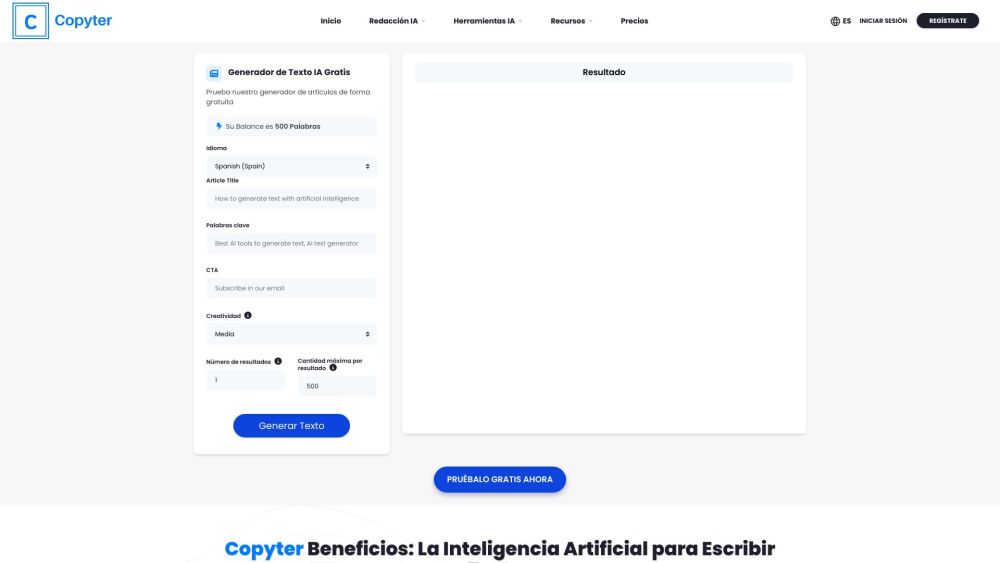From Small Models to Large Models: Analyzing the Technology Pathways of Specialized and Generalized Artificial Intelligence
Most people like

Unlock the potential of an AI text generator designed to produce a wide range of high-quality content. Whether you need engaging articles, captivating blog posts, or informative product descriptions, this tool enhances your writing process. Discover how this innovative technology can elevate your content creation and streamline your workflow.

Discover, engage, and enjoy the world of AI characters. Unleash your creativity and connect with innovative virtual personalities for a fun-filled experience!

Discover the app technology stack behind popular applications on Google Play and the App Store. Explore the tools and frameworks that power your favorite mobile apps!

Introducing YouTube Summarized, an innovative AI tool designed to create concise summaries of YouTube videos and podcasts effortlessly. With its advanced algorithms, YouTube Summarized transforms lengthy content into digestible highlights, making it easier for you to access the information you need quickly.
Find AI tools in YBX

